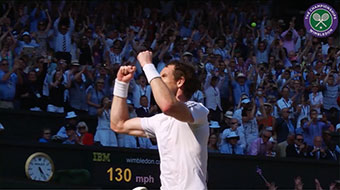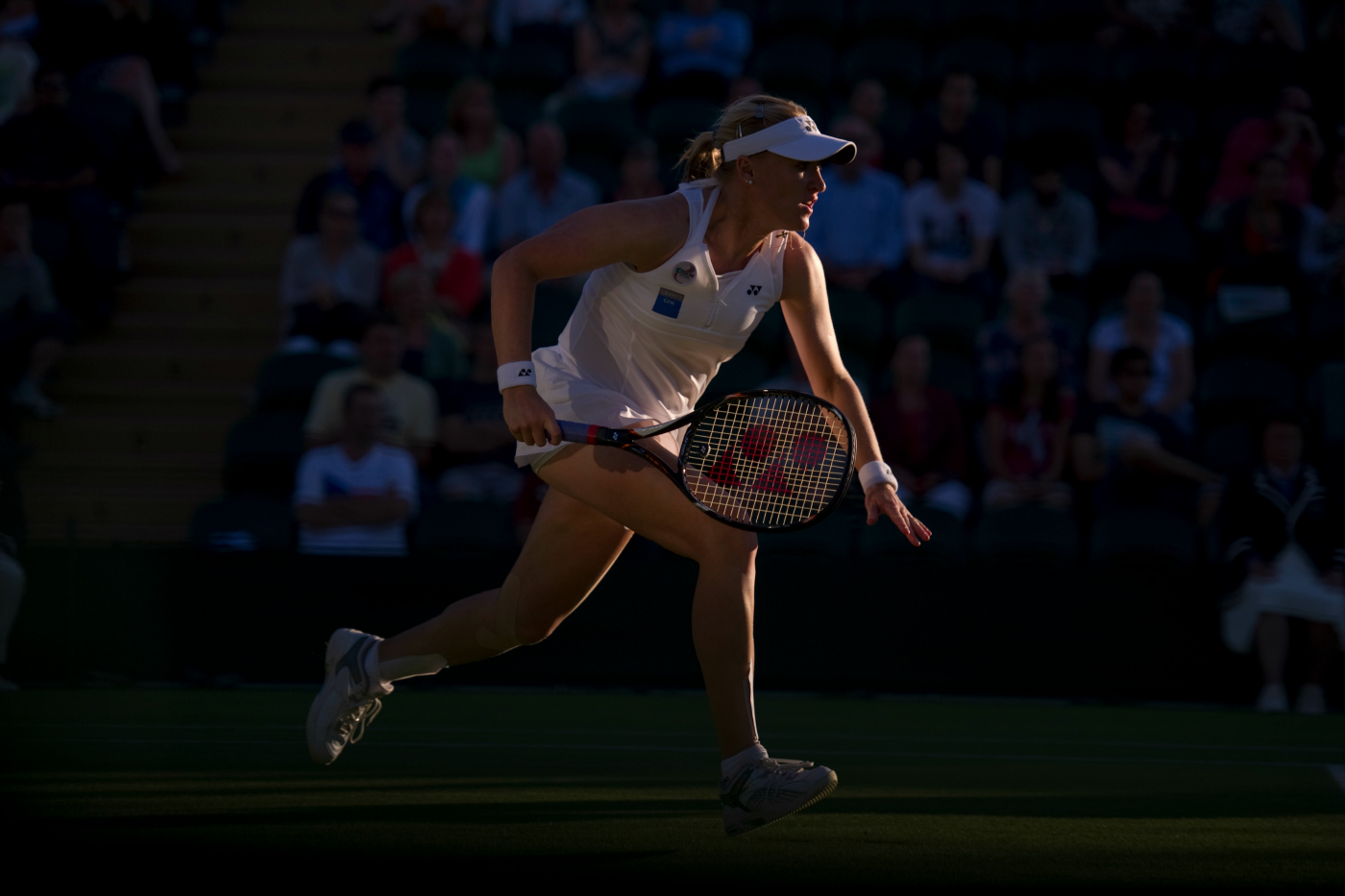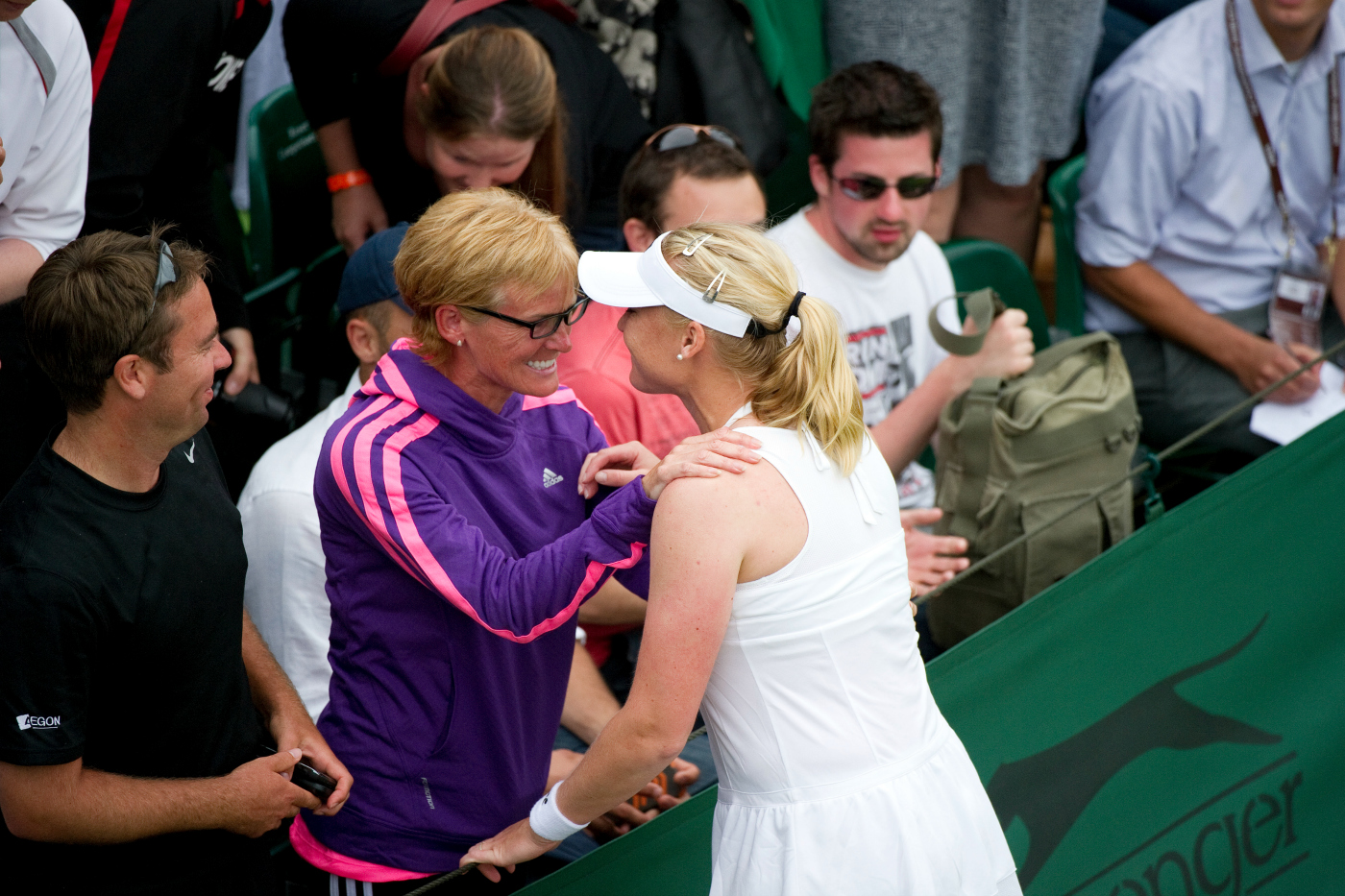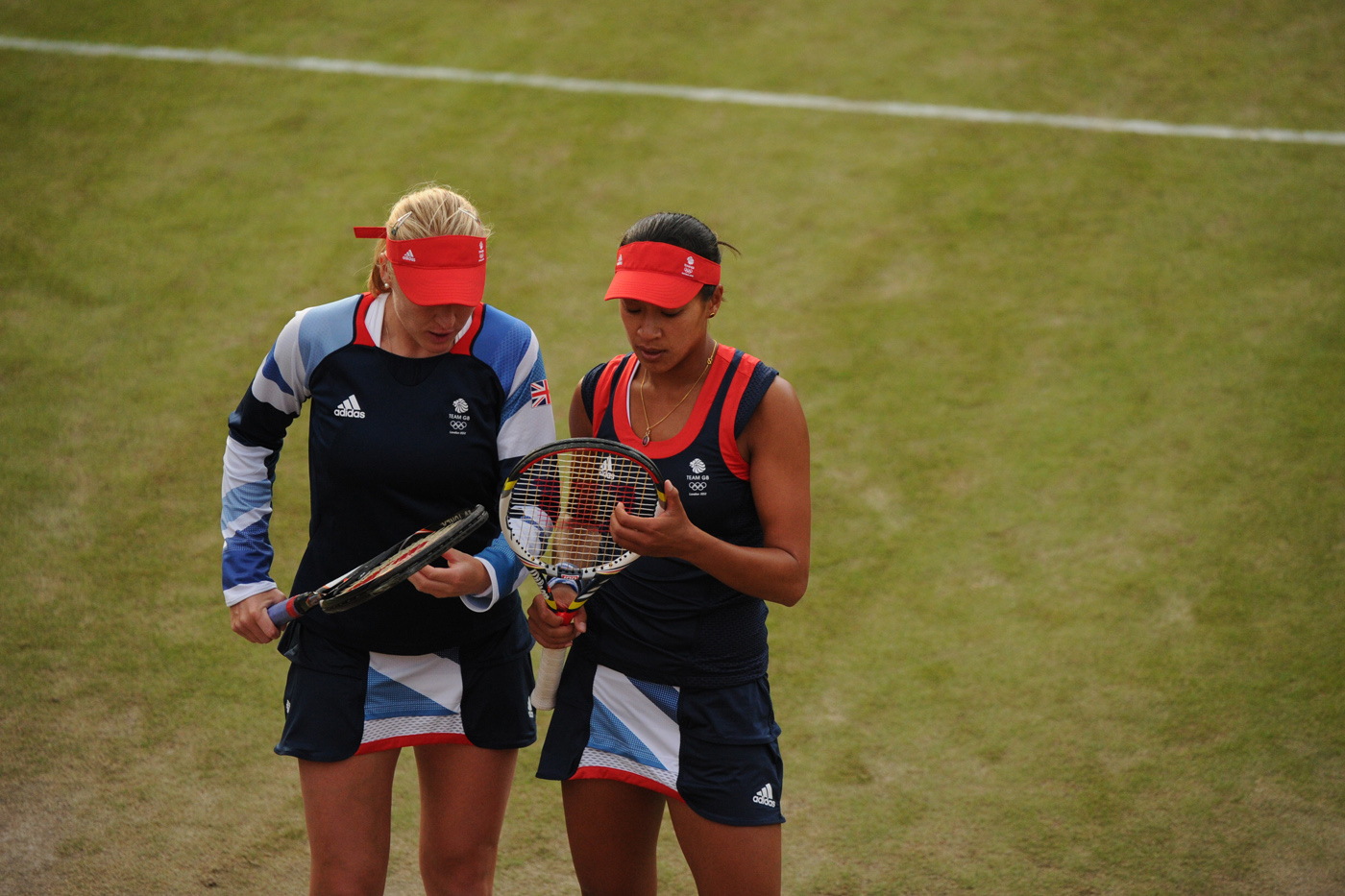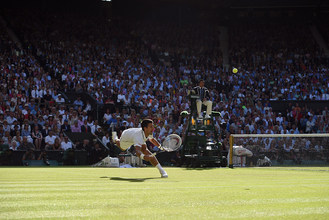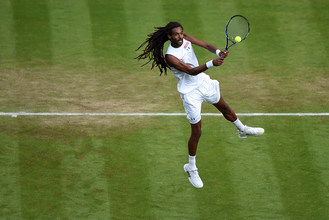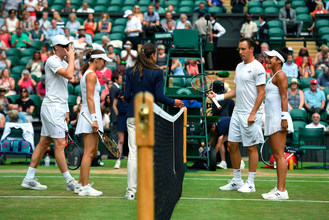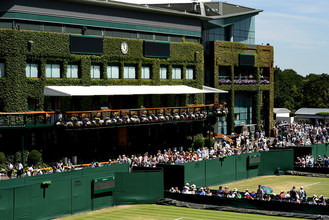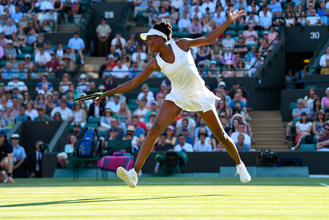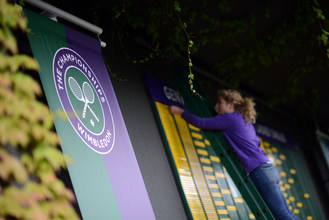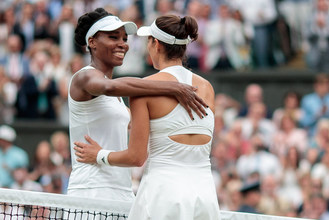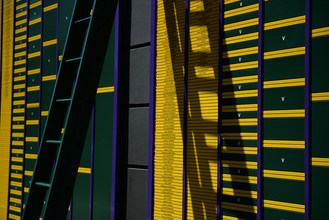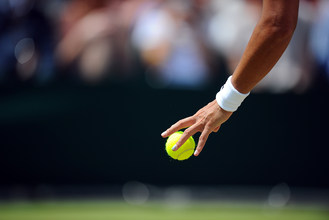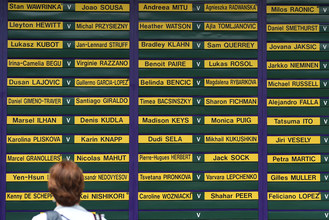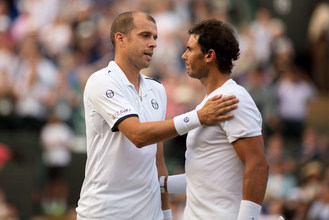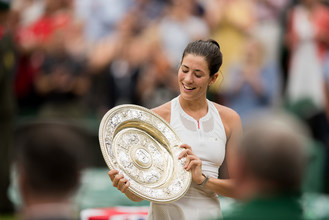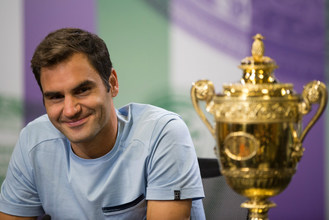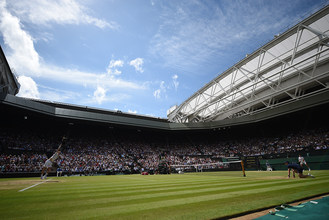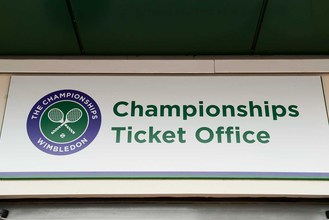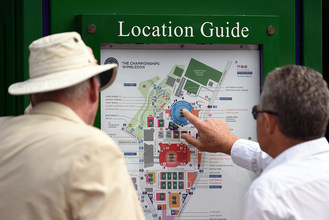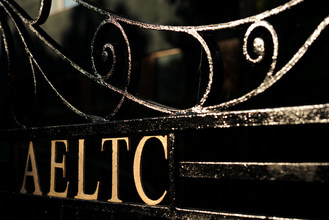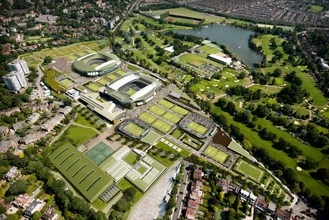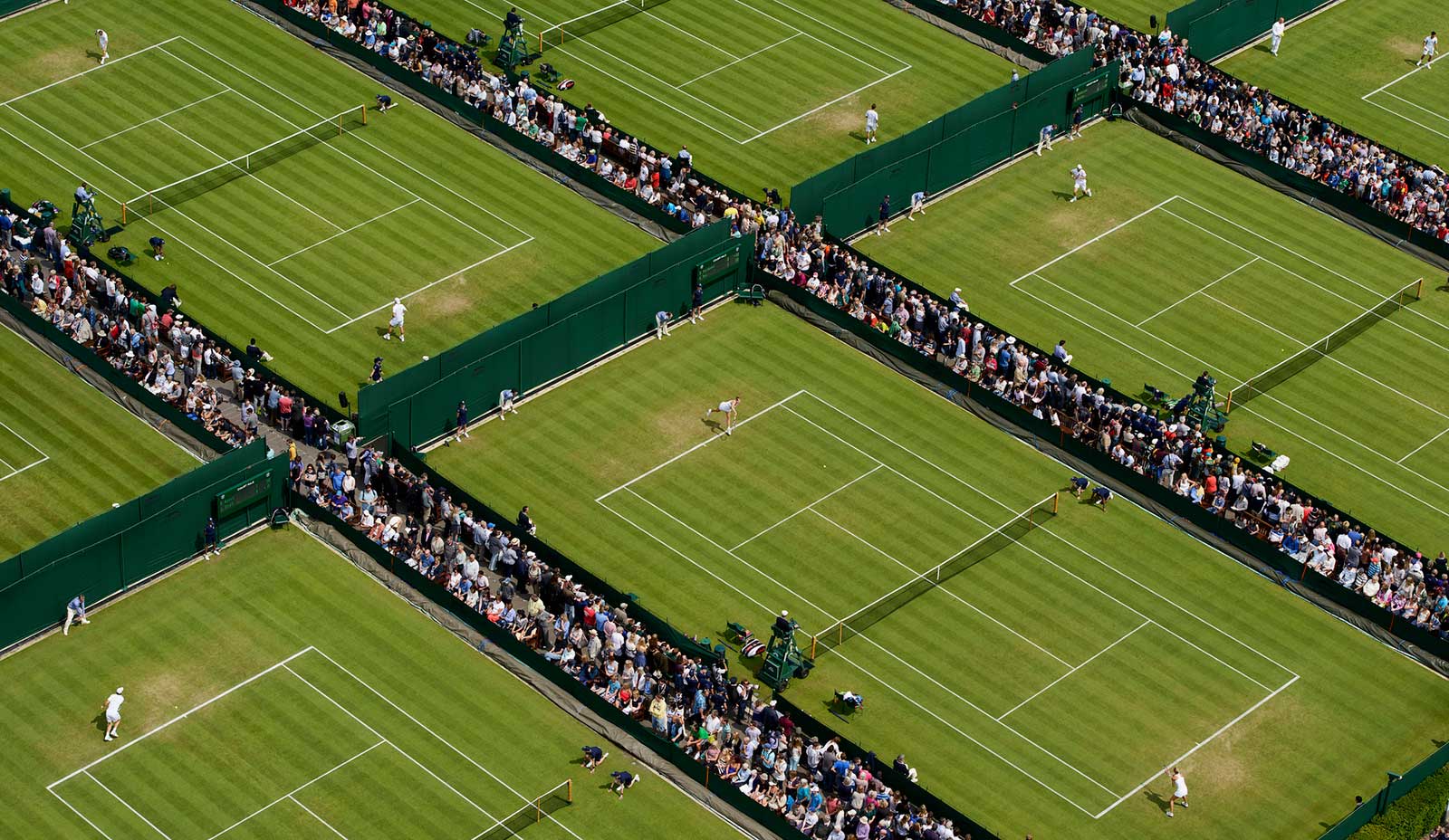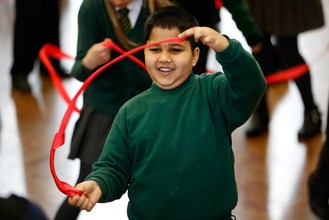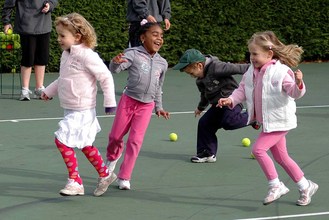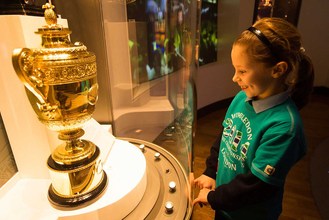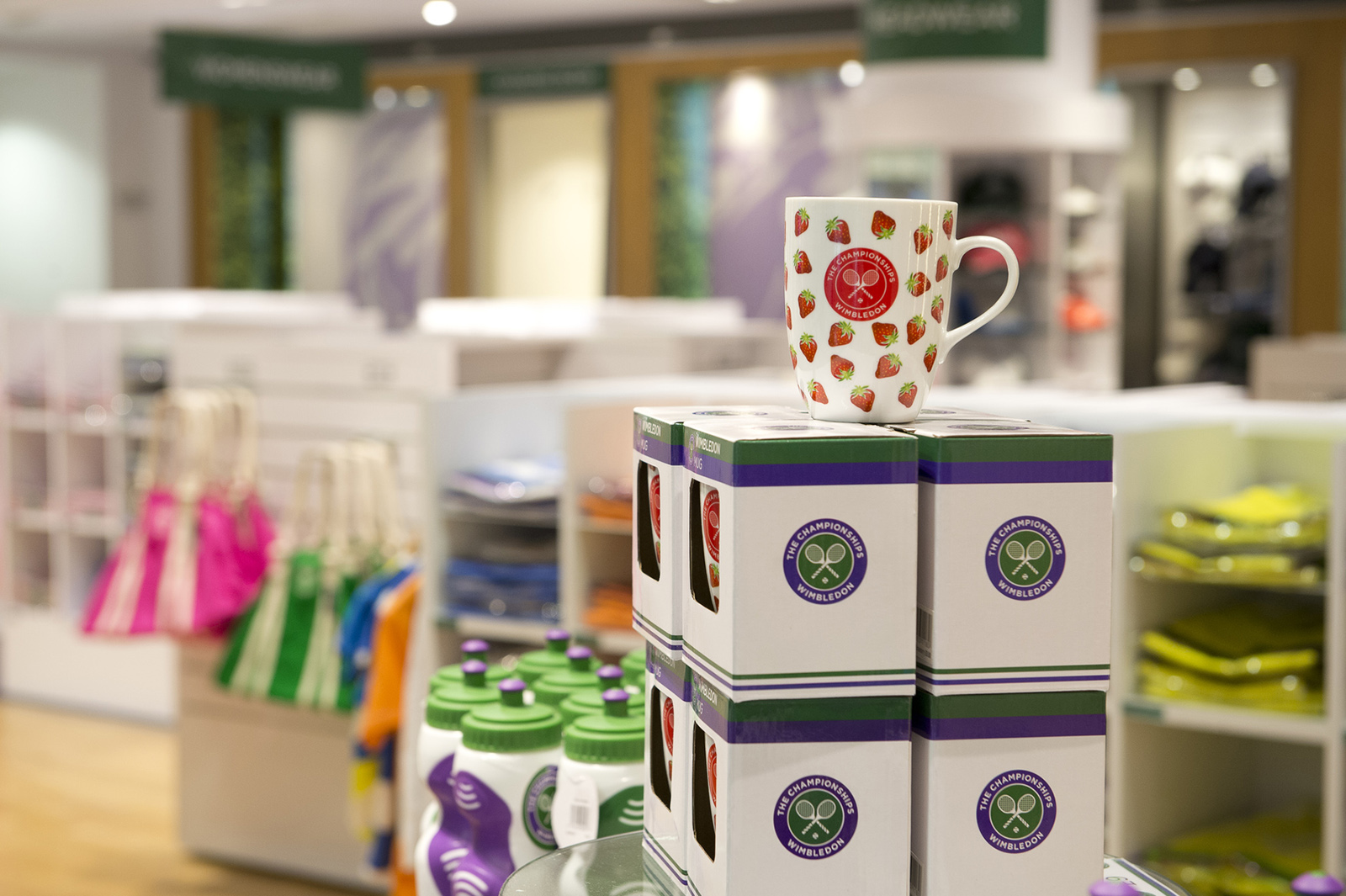It was on the 26th June 2012 that Elena Baltacha discovered she would become an Olympian.
Baltacha’s desire to represent her country and emulate her father, Sergei, a footballer who won a bronze medal at the 1980 Games in Moscow, had seen her contemplate retiring after London 2012 had ended. Such was the pedestal she placed appearing in a home Olympics on.
But defeat to Samantha Stosur in the first round of the French Open had left her Olympic hopes hanging by a thread, her ranking too low to garner an automatic berth.
Her fate lay in the hands of the International Tennis Federation, and their wildcard capacities. Although host countries traditionally received one wildcard invite, the higher-ranked Anne Keothavong was all but set to take it. The Lawn Tennis Association applied for a second, but receiving it was anything but a certainty.
Hope came in the form of Baltacha’s 43 consecutive Fed Cup wins, a remarkable achievement that formed the basis of her request. Fed Cup captain Judy Murray and the LTA lobbied hard. Precedent was on their side too – two Chinese men were handed wildcard entries at the 2008 Games in Beijing.
But when Baltacha took to Court 18 to face Karin Knapp in the first round of The Championships 2012, she was still in the dark. A decision had in fact been made, but she was none the wiser.
After losing the first set, Baltacha could have been forgiven for allowing thoughts of a first-round exit at Wimbledon and failing to make the Olympics enter her mind. Her mother, Olga, had missed out on participating at the 1980 Olympics, and Baltacha so dearly wanted to make up for it that the prospect of missing out must surely have been almost too much to bear.
But, given her character, it was of little surprise that she rallied, overcoming the Italian and a hip problem to win 4-6, 6-4, 6-0.
Emotions were already running high on that particular patch of southern English grass, but when Judy Murray, who had been courtside for the match, told Baltacha that she “had another piece of really good news for you,” the floodgates quite literally opened.
That "good news" was the confirmation of her place at London 2012. The tears quickly flowed, and for some time. Upon hearing the news on her car radio, Baltacha's mother was crying so much she had to pull over.
A month later, Baltacha played her role in one of the greatest sporting summers Britain had ever seen. Swept up in a tidal wave of British optimism, she marked her Olympic debut with victory over Hungary’s Agnes Szavay, and put in a performance that belied her own ranking against world No.11 Ana Ivanovic, eventually going down 6-4, 7-6(5).
She and Keothavong were also handed the opportunity to play in the doubles after the Romanian pairing of Irina-Camelia Begu and Monica Niculescu withdrew. Although they were defeated by Germany's Julia Goerges and Anne-Lena Gronefeld, the two friends remained sat on No.2 Court long after the crowds had left, reminiscing about their careers in tears.
Despite those defeats, Baltacha had reached what she herself labelled the pinnacle of her career. Retirement followed in 2013, but hers was a career fulfilled.
Two years ago today, this writer was informed by the news ticker on an aeroplane seat screen that Elena Baltacha had passed. It was an incongruously emotionless way to learn such news about one of the most endearing characters ever to wield a racket.
Baltacha was an individual who lit up the tennis circuit with her positivity, generosity and resilience, and continues to do so through the work of the Elena Baltacha Foundation.
But while she will forever be missed, it is worth remembering what she achieved. Very few athletes – particularly in tennis – reach a self-imposed career pinnacle. Baltacha, though, did.
And no-one can ever take that away.

